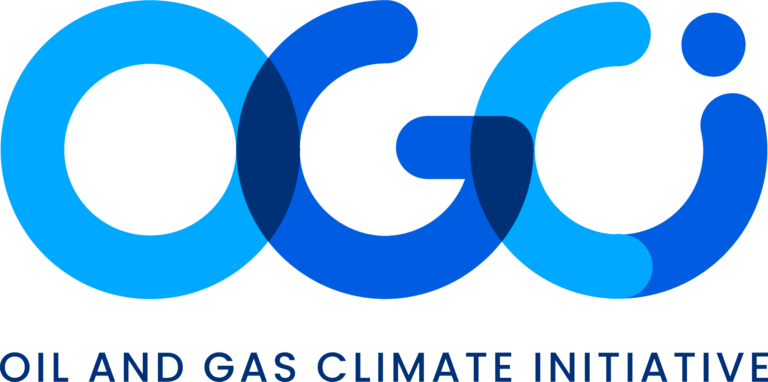EU methane regulations
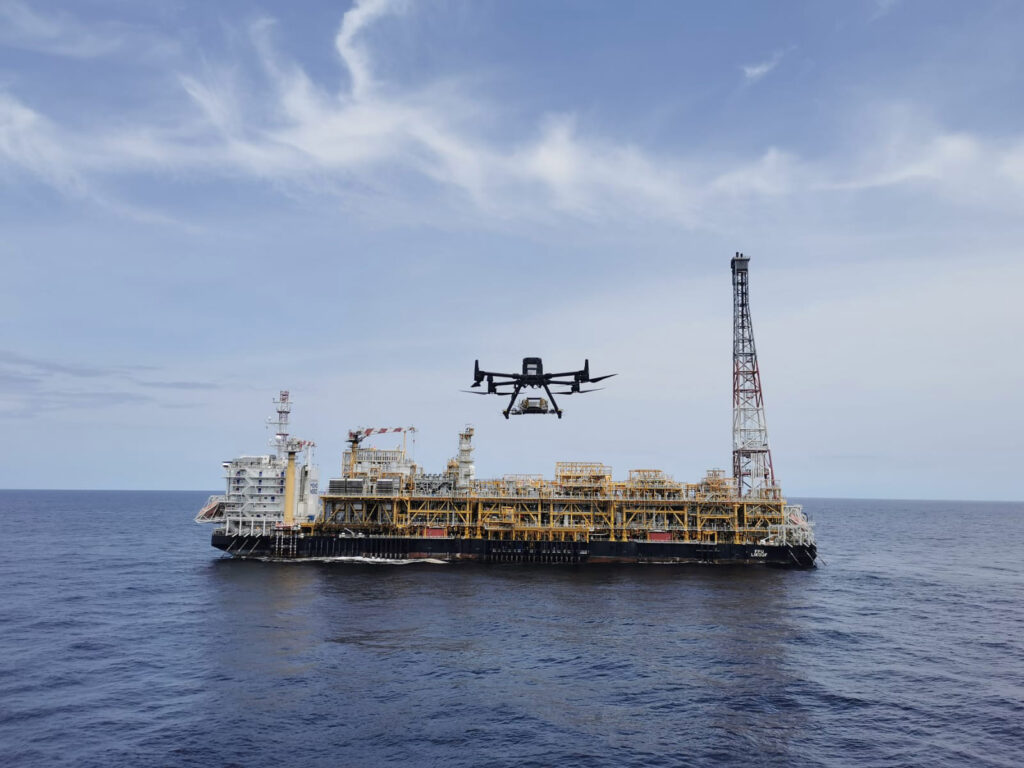
EU Methane Regulations. The EU Methane Regulation (EU/2024/1787), effective from August 4, 2024, marks a significant step in the EU’s strategy to reduce methane emissions from the energy sector. Its key objectives are to eliminate avoidable methane releases and minimize leaks in both the EU and its global supply chains. The regulation introduces several measures, […]
EPA Subpart W
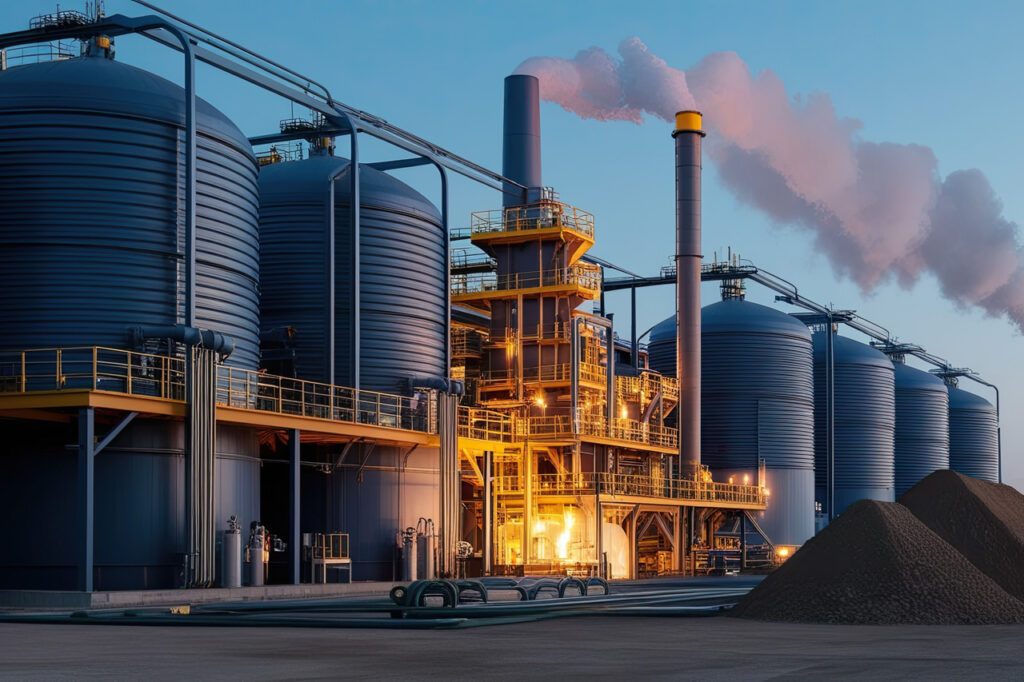
Subpart W is part of the U.S. EPA’s Greenhouse Gas Reporting Program, focusing on reporting methane and other greenhouse gas emissions from the petroleum and natural gas sectors. This webpage provides essential resources for Subpart W reporters, including guidance on compliance, links to rulemaking documents, and tools to support accurate data submission. It helps facilities […]
Department of Energy measurement and verification framework
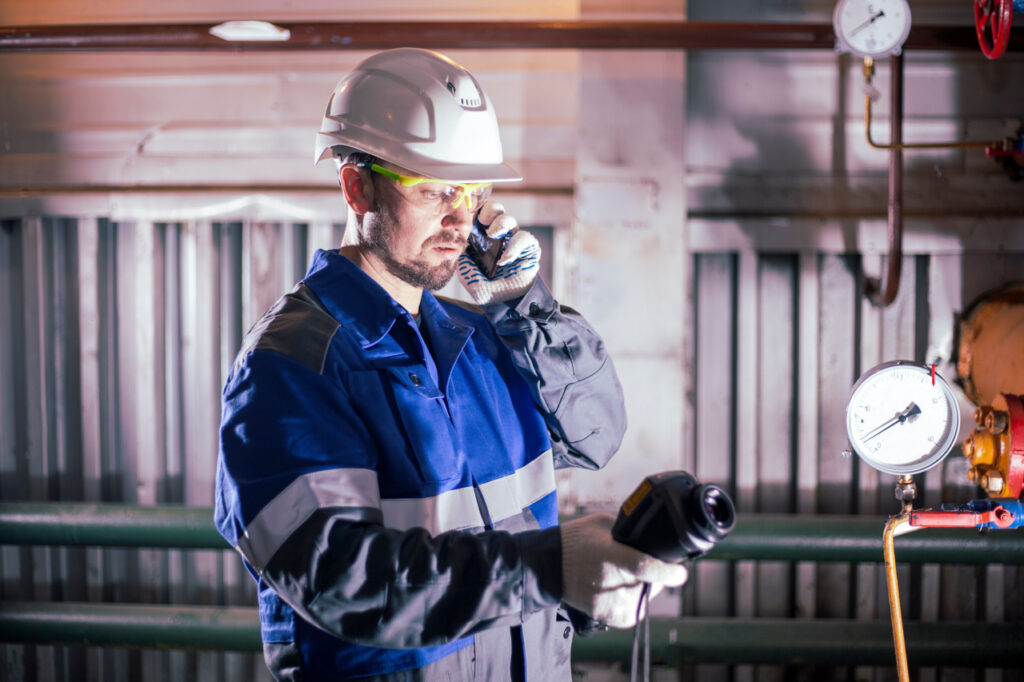
Overview of updates to DOE MMRV framework. The MMRV Framework is intended to improve the accuracy, completeness, and transparency of reported emissions in the marketplace and drive emission reductions across the natural gas supply chain. The MMRV Framework is not a regulatory process and countries and regions participating in its development are not committing to […]
Bureau of Land Management issues rule to reduce wasted gas from oil and gas operations
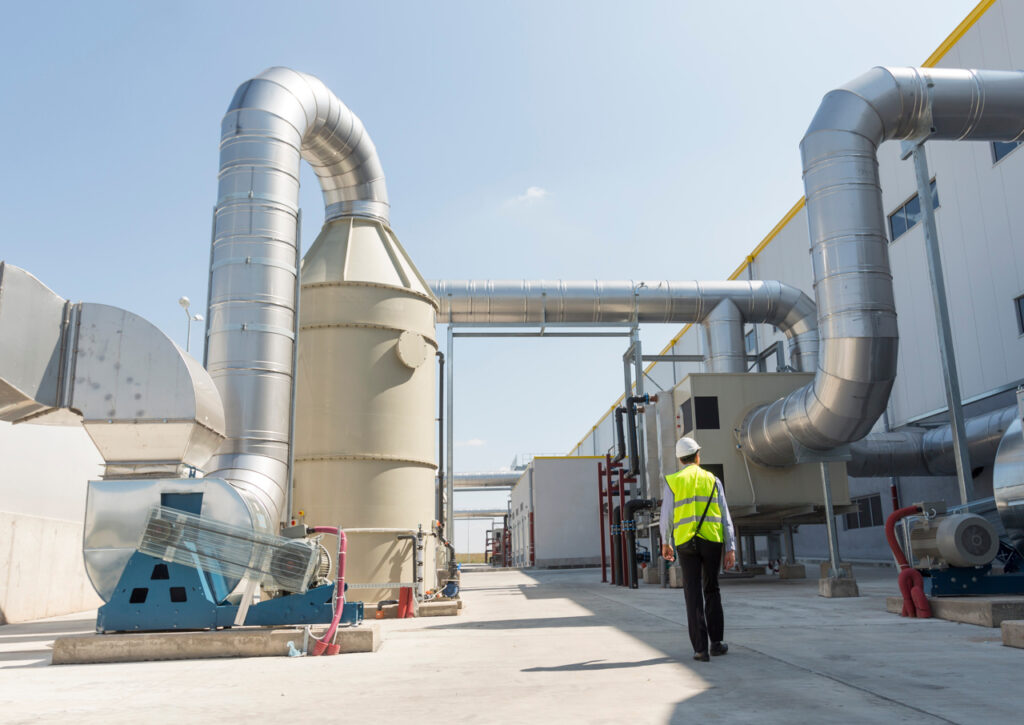
The article from the Harvard Environmental & Energy Law Program discusses the Bureau of Land Management’s new rule aimed at reducing wasted gas from oil and gas operations. The rule focuses on minimizing methane emissions by requiring operators on federal lands to adopt improved technologies and practices for capturing and utilizing natural gas that would […]
Reducing methane emissions: Transmission, storage, LNG terminals and distribution
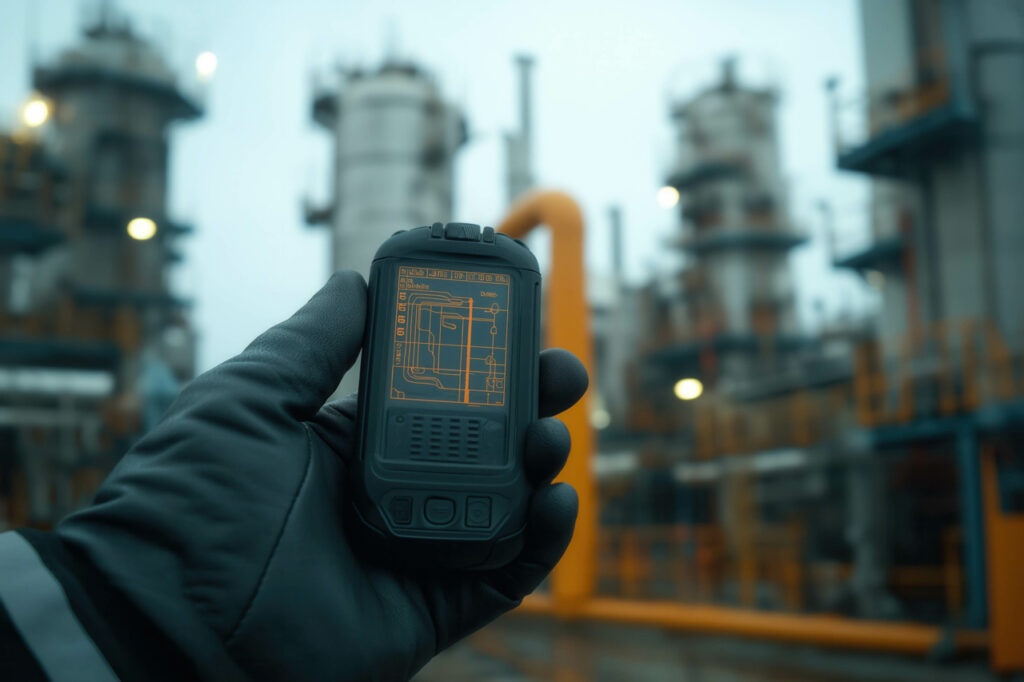
This guide focuses on practices for reducing methane emissions from the natural gas transmission, storage, LNG terminals, and distribution segments of the supply chain. It specifically excludes mitigation measures for emissions downstream of the customer meter, as well as those related to LNG liquefaction and transportation. The guide outlines best practices for emission reduction within […]
Reducing methane emissions: Best practice guide – operational repairs
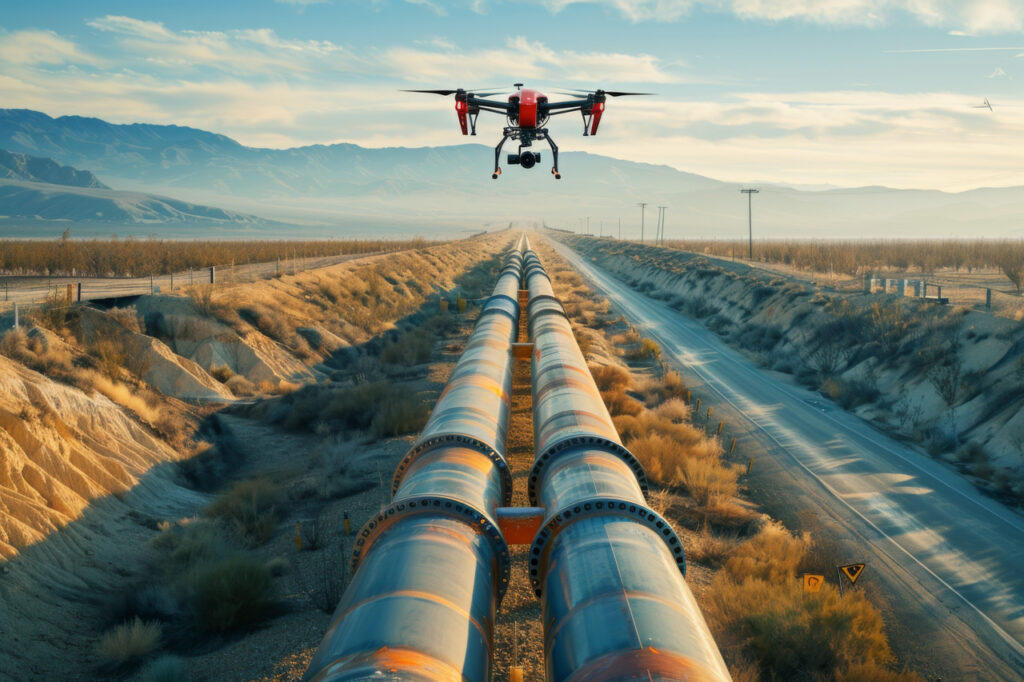
This guide covers repairs to leaks discovered during leak detection and repair programs, as well as releases that may arise during routine maintenance and repairs of equipment. Guide highlights general strategies (mitigation strategies) to reduce emissions through operational repairs.
Reducing methane emissions: Best practice guide – equipment leaks
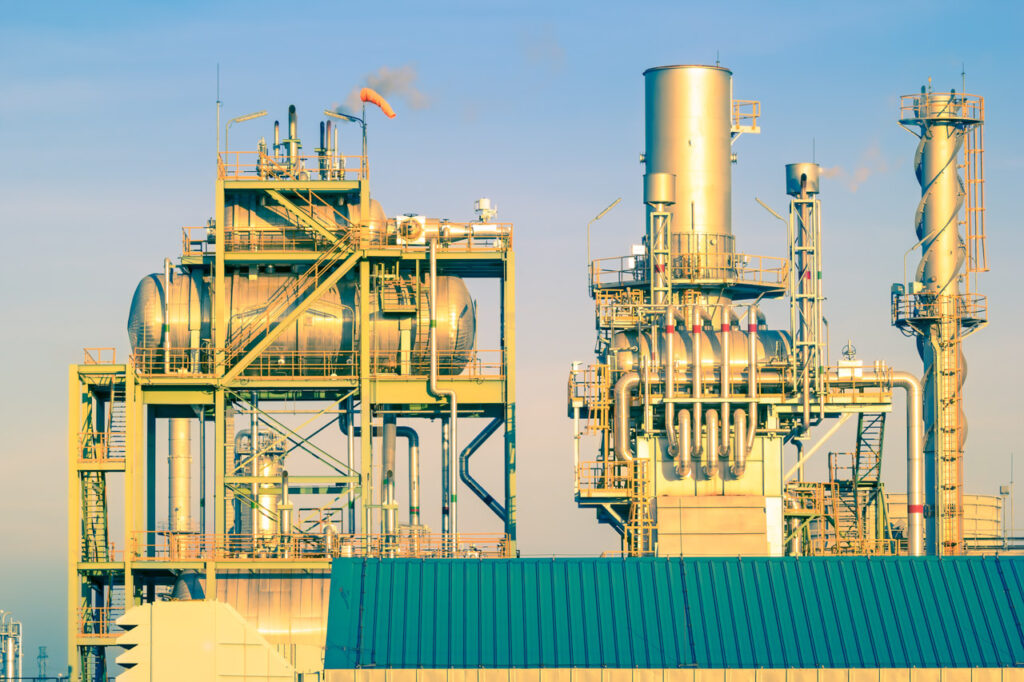
This guide focuses on identifying the sources of fugitive leaks and outlines effective strategies for their detection and repair. By implementing these mitigation measures, it provides actionable solutions to minimize emissions, improve operational efficiency, and enhance environmental compliance.
Measurement informed inventories: First steps on a long journey
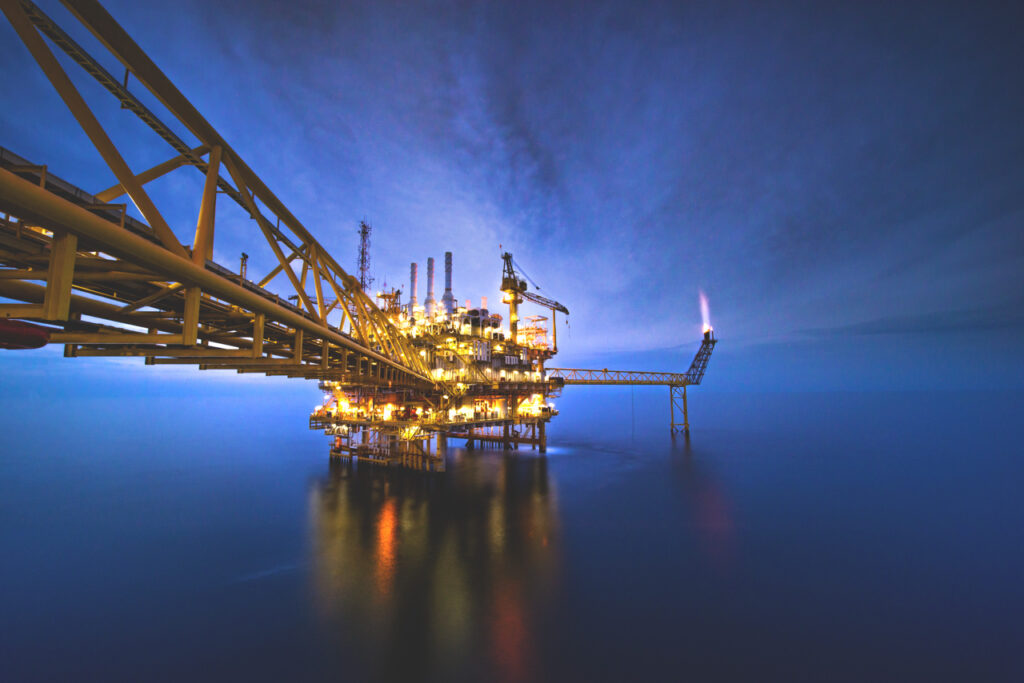
This resource discusses the evolving landscape of greenhouse gas inventories and introduces the concept of “measurement-informed inventories” (MIIs). MIIs incorporate real measurement data to provide a more accurate picture of methane emissions. The seminar examines various methodologies for generating MIIs, including differences in how measurement data is reconciled with top-down data and the specific purpose […]
IMEO methane data

Global satellite detection and notification system. IMEO is assembling a public database of empirically verified methane emissions data and connecting it to the individuals who can act to reduce emissions. The data is derived from satellites and global scientific measurement campaigns, and in the future will draw from emissions reported by companies under the Oil […]
Efficient use of energy in oil and gas upstream facilities
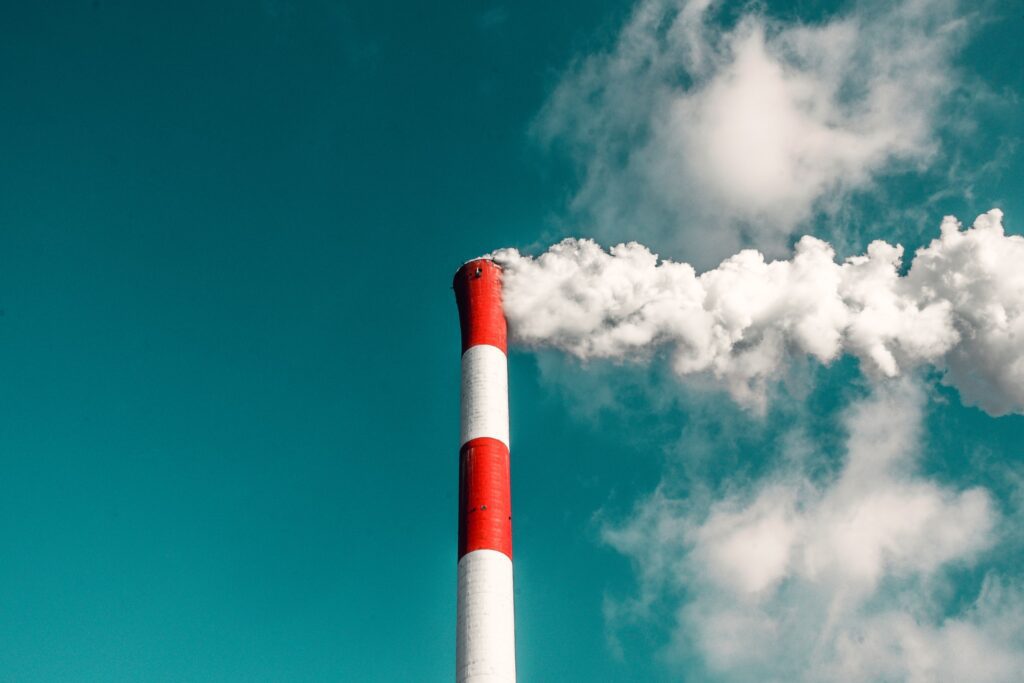
Report shares recommended practices for energy management and optimization for the design, installation, and operation of new and existing equipment and systems. This report is intended to guide upstream oil and gas organizations on improving energy efficiency and reducing GHG emissions and energy costs, regardless of an organization’s current progress toward decarbonization. It also includes […]
